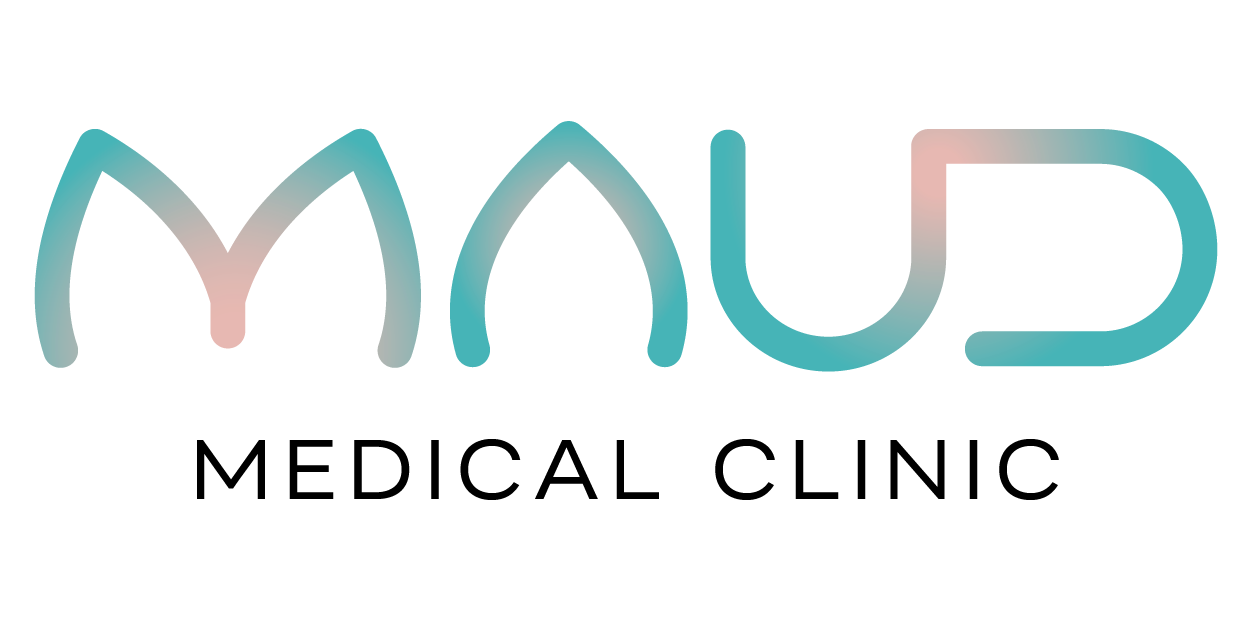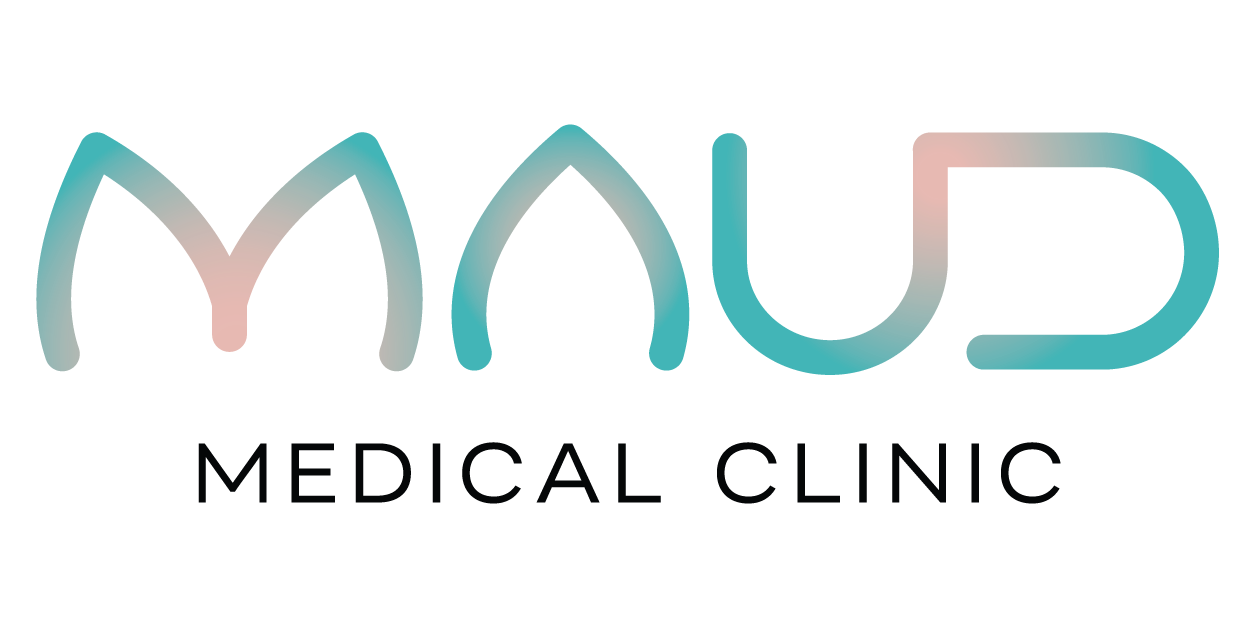What to Expect at Your First IUD Appointment
What to Expect at Your First IUD Appointment
When it comes to birth control, it’s empowering to have options. But choosing an option shouldn't have to be difficult, especially if you're considering an IUD for the first time can feel overwhelming. Whether you're exploring contraception for the first time or switching from another method, knowing what to expect at your first IUD appointment can ease your nerves and help you make informed decisions about your health.
At Maud Medical Clinic in Calgary, our physicians are here to provide thoughtful, evidence-based care and support your choices. Here's a clear and honest guide to IUDs: how they work, what happens at your first appointment, and what you should know before and after the procedure.
What Is an IUD?
An IUD, or intrauterine device, is a small, T-shaped device that a doctor places inside the uterus to prevent pregnancy. It’s long-acting, highly effective, and reversible. Depending on the type, it can last between 3 and 10 years.
There are two main types of IUDs:
Hormonal IUDs (like Mirena, Kyleena, Liletta, or Skyla):
Release a small amount of progestin (levonorgestrel) to thicken cervical mucus, thin the uterine lining, and sometimes suppress ovulation.
Can reduce period pain and flow, and sometimes stop menstruation altogether.
Typically effective for 3–8 years.
Copper IUD (like Paragard):
Non-hormonal; the copper creates an environment that is toxic to sperm.
May increase menstrual bleeding and cramps initially.
Effective for up to 10 years.
IUDs are more than 99% effective at preventing pregnancy, making them one of the most reliable forms of birth control available.
Why People Choose IUDs
Many people choose IUDs for the convenience once it’s in, you don’t need to think about birth control daily or even monthly. But that’s not the only reason IUDs are popular. Benefits include:
Long-term protection with easy removal if you decide to conceive or change methods.
No estrogen, making it a safer option for some people with certain health conditions.
Can be used during breastfeeding.
Hormonal IUDs may help manage heavy or painful periods.
Your doctor will help you decide which type of IUD is right for your lifestyle, health needs, and reproductive goals.
Before Your Appointment
When you schedule an IUD insertion at Maud Medical Clinic or another medical clinic in Calgary, your doctor will first confirm that an IUD is a safe and suitable option for you. It's best to talk with a licensed doctor or physician to ensure you are getting what's right for you.
Here’s what might happen before your IUD appointment:
Medical history review: Your physician will ask about your health history, current medications, menstrual patterns, and any previous pregnancies or STIs.
Pregnancy test: You need to be reasonably sure you’re not pregnant before an IUD can be inserted.
STI screening: If you haven’t been recently tested for STIs like chlamydia or gonorrhea, testing may be done to reduce the risk of infection during the procedure.
Sometimes, IUD insertions are scheduled during your period (when the cervix is naturally a bit more open), but this isn't always necessary.
What Happens During the IUD Insertion?
The insertion itself is quick usually around 5 to 10 minutes but it’s normal to feel nervous. Here’s a step-by-step overview:
Consent and explanation: Your doctor will review the procedure and answer any questions. You will provide your consent before beginning.
Pelvic exam: You’ll lie on an exam table and the doctor will use a speculum (just like during a Pap test) to view your cervix.
Cervical cleaning: The cervix is cleaned with an antiseptic solution to reduce infection risk.
Measuring the uterus: A soft instrument is used to measure the depth of the uterus to ensure the IUD is placed properly.
Insertion: The IUD is loaded into an applicator and gently inserted through the cervix into the uterus.
Trimming the strings: The IUD has two strings that hang down into the vagina so your doctor and eventually you can check placement. These are trimmed to the appropriate length.
You may feel cramps, pressure, or lightheadedness during the insertion. This varies widely from person to person.
After the Appointment: What to Expect
After the IUD is inserted, some cramping and spotting are common and can last a few days. You might want to take it easy for the rest of the day. Over-the-counter pain relief (such as ibuprofen) and a heating pad can help. This will be discused during your appointment.
Other common post-insertion experiences include:
Irregular bleeding or spotting for a few weeks or even months (especially with hormonal IUDs).
Changes to your menstrual cycle: Hormonal IUDs may cause lighter or no periods, while copper IUDs may increase bleeding and cramps, especially in the first few cycles.
Strings check: You may be asked to feel for the strings occasionally to confirm placement. Your doctor may also schedule a follow-up visit to check that the IUD is properly positioned.
Most people can return to their normal activities (including sex) within 24 hours unless otherwise advised. Again this varies from person to person.
Risks and Side Effects
IUDs are very safe, but as with any medical procedure, there are some risks:
Uterine perforation (rare): The IUD may puncture the uterus during insertion.
Expulsion (low risk): The IUD may partially or fully come out, especially in the first few months.
Increased cramping or bleeding, particularly with copper IUDs.
Hormonal side effects with levonorgestrel IUDs (e.g., breast tenderness, acne, mood changes), though these are usually milder than with oral contraceptives.
Always contact your physician if you experience severe pain, heavy bleeding, fever, or signs of infection.
IUD Care at Maud Medical Clinic
At Maud Medical Clinic in Calgary, our physicians offer supportive, educationally informed IUD services in a calm and respectful environment. Whether you’re exploring IUDs for birth control or to manage menstrual symptoms, we take the time to explain your options and make sure your questions are answered.
We provide:
Hormonal and non-hormonal IUDs
Consultation appointments to help you decide
Insertion and removal services
Pain management options, if needed
Empowerment Through Education
Choosing an IUD is a personal decision, and it’s okay to feel uncertain at first. Understanding how they work, what the procedure involves, and how your body may respond helps you take control of your reproductive health. If you’re feeling nervous, know that you're not alone and that your doctor at Maud Medical Clinic is here to guide you with compassion and care.
By approaching birth control with knowledge and agency, you're not just preventing pregnancy you’re making empowered choices that reflect your priorities, values, and future.
References
Society of Obstetricians and Gynaecologists of Canada (SOGC). Intrauterine Contraception.
Planned Parenthood – IUD Info
Government of Alberta – Birth Control Options

